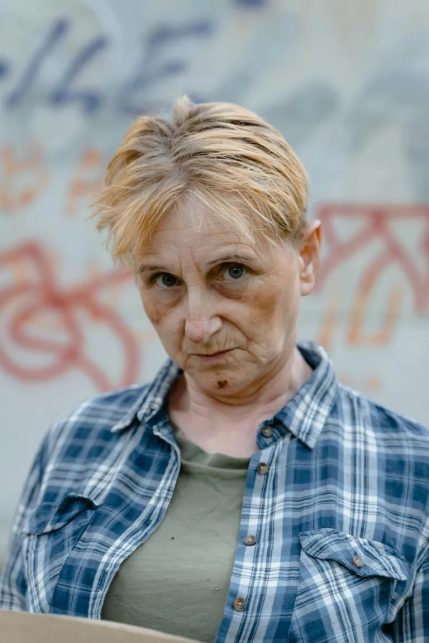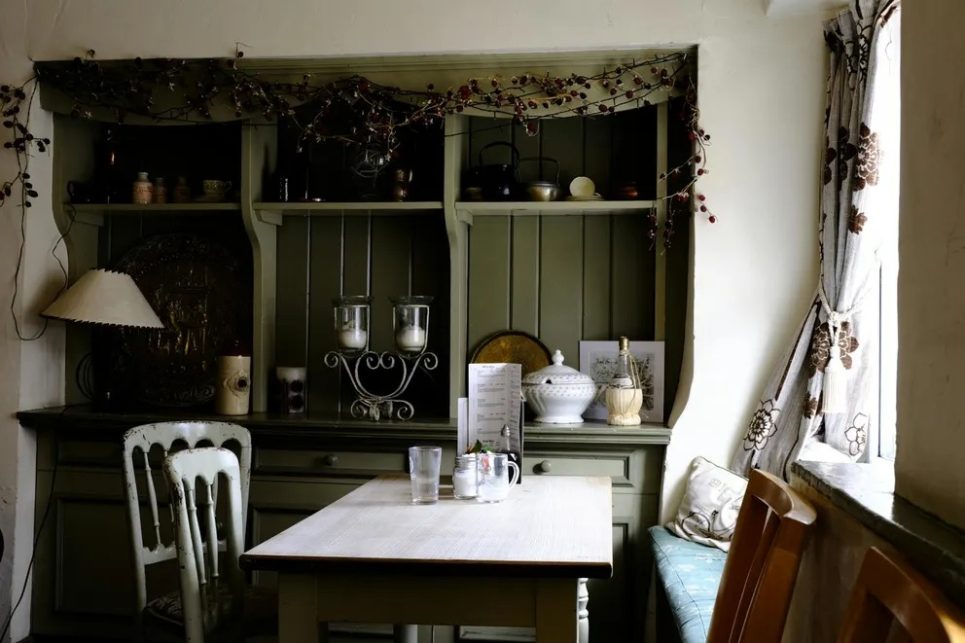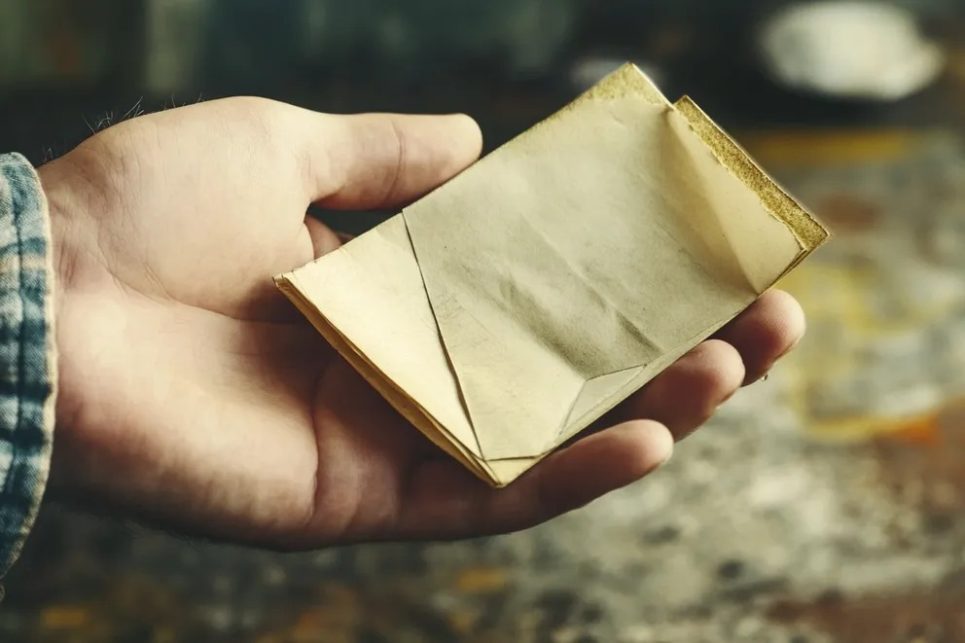At 61, I had more money than I could ever spend, but inside, I felt empty. I never had a real relationship—most women just wanted the fortune I inherited.
One day, while driving, I saw a woman rummaging through a trash can. She looked fragile but fierce—like life had broken her but she refused to fall apart. I stopped, rolled down the window, and asked if she needed help.
She didn’t flinch, just stared me down and said, “Are you offering?”
I didn’t plan to, but something in me said yes. I invited her—Lexi—to stay in my garage, which was more like a guesthouse. She resisted at first, proud, but agreed.



Over the next few days, we shared quiet dinners. I learned she was once an artist, left homeless after her husband abandoned her for a younger woman. Despite her past, she had this sharp wit and strength that softened the silence in my home.
Then, everything changed.
I walked into the garage to grab a tool and found her drawings—disturbing ones. Dark, violent images of me: chained, bleeding, even buried in a coffin. It felt like a betrayal.
At dinner, I confronted her. She tried to explain—it wasn’t really about me, she said. It was her pain, her rage, and I was just the face in her mind. Still, I couldn’t look past it. I told her to leave.
The next day, I dropped her at a shelter, gave her some money, and that was it.
Weeks passed. I couldn’t shake the memory of her. Then a package arrived at my door. Inside was a painting—of me, calm and peaceful. A note with her name and number was tucked underneath.
Heart pounding, I called her.
“I liked the painting,” I said. “And I’m sorry, too.”
She apologized again, saying the other drawings were just emotions she had to release. “They weren’t truly about you.”
“I know,” I said. “Maybe we could start again. Dinner?”
She said yes.
Since then, we’ve stayed in touch. She got a job and is moving into her own place soon.
And me? For the first time in a long time, I’m looking forward to something—and someone.